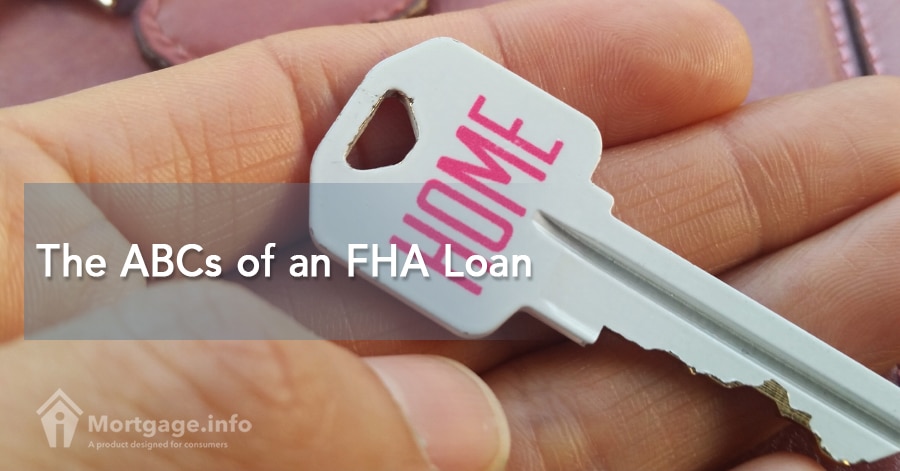If you are looking for a financing option to fund the purchase of your home, an FHA loanis a choice worth considering.
Originally established as a relief to the housing crisis of the 1930s, the program was intended to help protect lenders by insuring the loans they originate. This gave more Americans easier access to homeownership through a program with more lenient qualifications.
An FHA Loan’s key features include:
- A low interest rate
- A 3.5 percent down payment requirement for those who can meet the minimum credit score
- Down payment money can be gifted by a family member
Here’s the lowdown on FHA loans:
[sc_content_link label=”Need financing? We can help.”]
Basic requirements
FHA loans are insured by the Federal Housing Administration. Take note that they only insure and not originate the loans themselves. These loans are originated by FHA-approved lenders who you can easily find online through the HUD’s search portal.
The FHA has outlined some basic requirements that a borrower must meet in order to get approved for the program. You must:
- Be a resident of the U.S.
- Have a valid social security number
- Be able to verify his or her job history for the past two years
- Meet your state’s minimum age requirement to be able to sign up for a mortgage
- Have a minimum credit score of 580
- Be able to pay a down payment of 3.5 percent of the property purchase price
- Meet the FHA debt-to-income (DTI) ratio limit. Currently 31/43 (front end/back end) limits exist for manually underwritten loans. However, when the automated underwrite gives the borrower an “Approve”, higher DTIs are allowed. DTIs as high as 50 percent or even higher can be approved for borrowers with good credit.
- Be two years out of bankruptcy if you have history and must have been able to establish good credit
- Be three years out of foreclosure and must have been able to get back your good credit standing
- Have a property appraisal from an FHA-certified appraiser
- Be able to establish that your property has met the FHA’s minimum property standards
Some other important considerations:
- New FHA loans are only available if you’re going to use the home as your primary residence.
- Having a credit score of 500 to 579 does not disqualify you from the loan, but you will have to pay a 10 percent down payment instead of the standard 3.5 percent.
Credit qualifications made easy
With its low credit score requirement and insurance guarantee, an FHA loan strategically makes homeownership more viable for first time home buyers who are usually daunted by a huge down payment prerequisite, and for those who have suffered a significant damage to their credit scores.
Another significant advantage of having an FHA loan is that it is fully assumable. An assumable loan means that if you sell an FHA-insured home, the next owner can carry on paying the current loan. The loan ownership is transferred to the new owner of the property without the need to go back to square one and start the mortgage acquisition process all over again.
Affordable closing
In a typical mortgage closing, the borrower usually ends up paying around 2 to 5 percent of the overall loan amount. This cost includes loan origination fees, appraisal fees, home inspection charges, a cost on pulling your credit, and other lender fees, easily costing any borrower several thousand dollars on an average-sized loan.
With an FHA loan, the closing costs are usually down to a minimum. You can even negotiate with your seller and ask them to pay a part or all of the closing costs as part of a concession.
Dual insurance feature
To compensate for the risk taken by lenders in originating such loans, the borrowers are required to pay for a mortgage insurance premium that is paid in two parts.
One is paid upfront and usually costs 1.75 percent of the overall loan amount. The second part is called an annual premium and its cost is defined by the size of the loan, its length, and the borrower’s initial loan-to-value ratio (LTV).
The LTV is calculated by dividing the amount of the mortgage by the appraised value of the property. The lower the LTV, the less is the risk for the lenders. This annual premium is to be paid by the borrower on a monthly basis.
Down payment remains one of the major barriers to homeownership for many Americans. Programs like the FHA loan provide a great opportunity to break this barrier and finally make the American dream a reality in the land of the free.
[sc_content_link]

